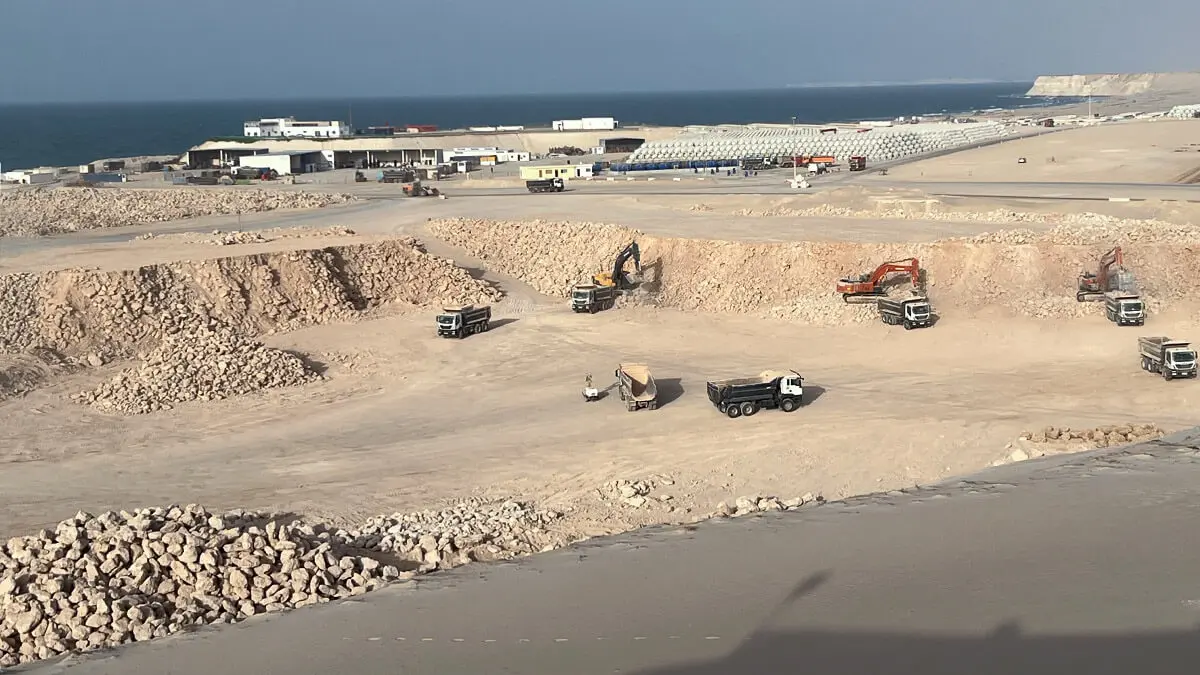Algeria, the Polisario Front and Western Sahara, 50 years on

Its promoters, that is to say the Polisario Front, which initially emerged against the Spanish occupation, and Algeria, Morocco's neighbour, which used it all the time with its forced Atlantic geopolitical plans in mind, both creating the fictitious Sahrawi Arab Democratic Republic - SADR, never before conceived by anyone or anything - there is no record of anything resembling a national liberation movement built up over time, not even since the year of Moroccan independence (1956) and much less of juridical-political findings of progressive composition by self-determination-, they acted without caring about the fate of the Saharawi populations, defined by their tribal constructions in the extensive Western Sahara desert.
Thus, they invented arguments to denature the intrinsic historical-political link of the Saharawis with the sultan (now king) of Morocco, evidence unquestionably recognised by the International Court of Justice in its Advisory Opinion (1975), shortly after the historic Green March (6 November 1975), in which more than 350, 000 Moroccans, at the call of their monarch, set out for Western Sahara, their Sahara, blending in with the Saharawis and showing the close bond they have maintained over time, making them part of a single homeland: Morocco.
This single truth, the basis of the Moroccan nation, has sealed the territorial integrity of Morocco, guaranteeing the majority of Saharawis a high quality of life, a response from the Kingdom to the voluntary acceptance of the Saharawi tribes of their aforementioned very strong bond of subordination to the monarch.
The insistent attempts to thwart everything I am narrating have been thwarted, once again, by the tribal chiefs, within the framework of the recent Third Conference of the Movement Saharawi for Peace, in the Canary Islands. Algeria, then, which tied up with the Polisario the problem it created, will have to untie it. Fast forward to 2025, neither has cared about affecting the Saharawi people themselves, mainly the captives in the Tindouf camps (Algeria).
The world continues to change and the Algerian regime should look in the mirror, but not sideways, because getting around the only truth about the Moroccan Sahara could threaten the validity of its military commanders, forced to act realistically to bury the constructed lie, risking Algeria's own national interests; if not, just look at the president of Ukraine, confronting Trump, who continues to ally himself with Russia, Algeria's traditional support.
The last 50 years have only produced political mathematics of pure subtraction for Algeria and the Maghreb region, making it as unstable and violent as the African Sahel. Algeria must reconsider, complying with UN Security Council Resolution 2756 (31 OCT 2024), which has required it to interact decisively — it has the means to do so — to resolve the problem of Western Sahara, and the Polisario will be no greater a problem, because, as always, it will do whatever Algeria decides.
Miguel Ángel Rodríguez Mackay, former Peruvian Foreign Minister
Article published in the Peruvian newspaper Expreso.



